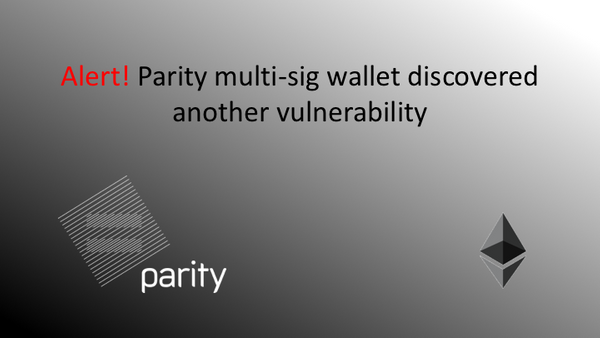

All you have to do to claim your prize is to send a small fee to cover shipping or other processing costs. Sometimes they pose as celebrities, other times as big brands you trust. The problem is that scammers know this and use that excitement against you. The excitement of winning a prize is hard to resist. If you fall for their pleas, you’ll end up with an empty bank account and a romance that never was. Another popular tactic is to say they need help covering their daily living expenses until they can eventually join you. One of the most popular is for the “romantic interest” to purchase airline tickets and visas so they can come and meet you in person. It’s one of the most popular spots for catfishing online. But it always ends the same way - they eventually ask you to send money. Chats build up over the course of weeks and months before the con-man makes their pitch.

A romance scam is designed to play on your emotions and gain your trust. Scammers pretend they’ve gone through a traumatic breakup or use flattery to woo you. These faux romancers are people you’ve never heard of before. One of the oldest scams involves fraudsters posing as love interests to target unsuspecting Facebook users. More and more often, cybercriminals are using Facebook Messenger to send the same kind of links. This strategy isn’t limited to actual emails, either. They might also be able to access and drain your bank account or use your credit card to rack up fraudulent purchases. Depending on the information you provide, they can take over your Facebook account and con your friends, pretending to be you. Unfortunately, if you fall for this common scam, cybercriminals have all the information they need to wreak havoc in your life. Whatever the reason, the goal is always the same - to get you to provide confidential information to cybercriminals. One growing trend is to send you an email link to reset your Facebook account, claiming it has been disabled for security purposes. Other times, it will ask you to validate your login information. Sometimes the website will be that you have compromised accounts. Phishing email will include a link and some wording that encourages you to follow the link to Facebook - except it isn’t the real Facebook, just a spoofed website. Scams involving fake emails have been around for years, and Facebook users are not immune from receiving them. You can read more information on these scams below. Fraudsters most often try to get their hands on your account login credentials, personally identifying information, or bank and credit card information. They are always coming up with new ways to steal from unsuspecting social media users. Most Common Facebook Scams TodayĬybercriminals are an innovative bunch. So, how can you avoid becoming a statistic? It starts by knowing what the most common scams are - and the steps you can take to avoid them. Federal Trade Commission, financial losses from social media scams exceed hundreds of millions of dollars every year. Even if only a fraction of fraud attempts work, that’s a pretty big payday for any scammer.Īccording to the U.S. With so many active users, fraudsters have a vast pool of potential victims to target. The site’s popularity makes it ripe for cybercriminals. Each month, more than 2.8 billion users log in to catch up with friends, share information, get their news, and even shop. Read on to learn more about how these scams work, and things you can do right now to avoid becoming a victim.įacebook is the world’s most popular social media platform. Charity pleas – creating fake charities to get donations during times of disaster.Friend requests – either from people you don’t know or people you’re already friends with (cloned accounts).Quizzes and games – designed to ellicit personal information in the answers, then hacking accounts with it.Shopping – selling counterfeit goods under a faux brand account or selling nothing at all using fake accounts.Prizes or job offers – claims designed to obtain personal information or money from the victim.

#Your facebook account has two critical updates download
Phishing – emails or direct messages with sketchy links that download malware or capture login credentials on spoofed websites.Here are some of the most common ways they try. Facebook is the most popular social media app in the world, and scammers flock to it to fleece unsuspecting users.


 0 kommentar(er)
0 kommentar(er)
